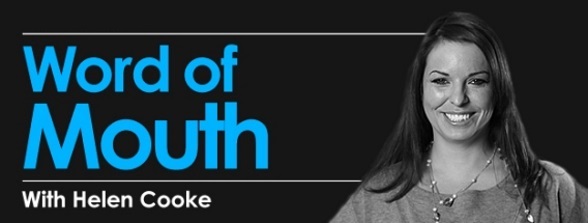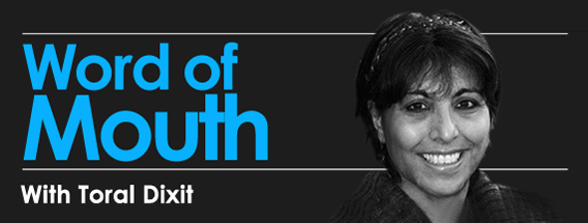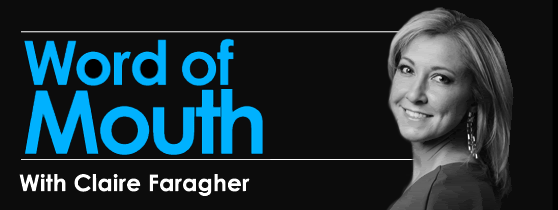
This week we talk to Helen Cooke, UKTV Commissioning Editor, Entertainment.
Where did your career in the industry begin, did you always want to work in TV?
Even though I’ve always been a TV addict, media studies was not widely available at degree level when I was younger, so I never really considered it as a career option. I did Mechanical Engineering at university and thought I’d go into banking after university or similar, but that all changed when I first saw Channel 4’s Tourist Trap. I just thought it would be such a fun job to be able to make TV shows like that. So I set about researching the types of shows that I’d like to make, and who made them. During this time I sent my CV to a local weekly regional debate show called “Central Weekend Live” as I always enjoyed the late night punch ups. I got a try out as a researcher for 4 weeks and the rest is history!
You’ve worked on some landmark entertainment shows like XFactor and Come Dine with Me, what do you like most about working within the genre of entertainment?
All television genres are about telling stories. I think entertainment just does this in a more innovative and noisy way. Also, it’s great to handle the bigger scale budgets as it means you have more to play with as a producer and can attract bigger talent. What really excites me are brilliant, simple entertainment formats. Come Dine with Me is an example of this and it came out of ITV Studio’s Factual department, so it also shows how broad entertainment programming is – it’s a great place to be.


